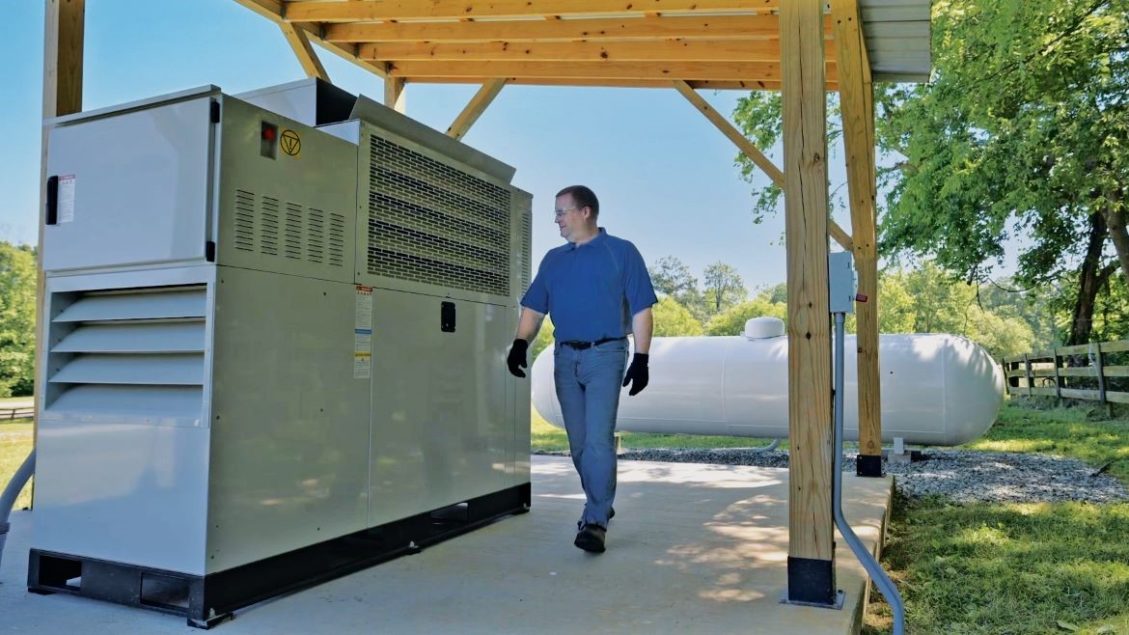
RICHMOND, Va. — The Propane Education & Research Council (PERC) has introduced the Alternative Technology Demonstration & Research Program to collect data from participating commercial and industrial businesses and inform research about propane use, specifically with the adoption of propane cooling and combined heat and power (CHP) equipment.
“Propane-powered technologies like cooling and CHP systems are transforming how businesses approach energy. This propane equipment offers unmatched reliability and efficiency, especially in today’s energy landscape,” said Bert Warner, director of commercial business development at PERC, in a press release. “This program not only supports businesses in adopting these advanced solutions, but also allows us to gather the data needed to continually improve and expand propane’s role in meeting today’s energy challenges.”
To participate, interested participants should visit Propane.com/AltTech to determine eligibility and complete an application. Once approved, participating businesses in the U.S. must purchase qualifying propane equipment and, following its installation, complete a survey about the equipment’s performance, emissions, costs, and energy savings.
The compensation offered for qualifying equipment is:
• $30,000 for a propane CHP unit on sites greater than 15kW.
• $12,000 for a propane CHP units on sites less than 15kW.
• $300/ton for propane cooling equipment, ranging from light commercial (5 to 25 tons) to heavy commercial (100-plus tons).
Propane-powered CHP units enhance energy efficiency by capturing heat that would otherwise be wasted during electricity generation. This advanced technology can significantly reduce energy costs, lower greenhouse gas emissions, and provide reliable on-site power, PERC’s press release said. The lower operational costs of this equipment provide an affordable option for business owners looking to increase efficiency and sustainability, the press release said.
Propane cooling systems can meet various needs, such as comfort conditioning, process cooling, dehumidification, medium-temperature refrigeration, and extreme ambient operations. The systems operate like traditional cooling systems but use propane to power the compressor or ignite the gas burner, reducing electricity use by up to 90%. This leads to cost savings, environmental benefits, and a reduced strain on the grid, without compromising performance.
Funding is limited, and early applications to the program are encouraged.
